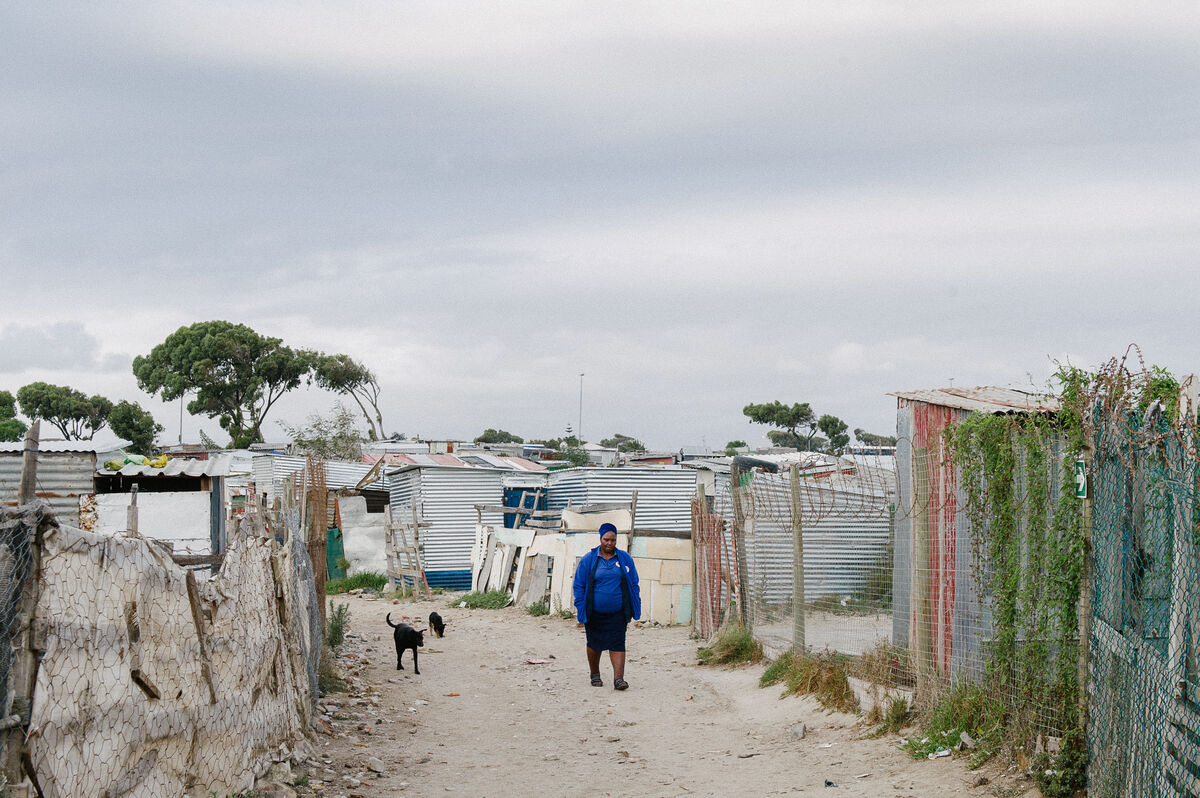Fieldnotes
An illustrated magazine on Citizen Science
Disease with no name
|A documentary on community health workers caring for people living with HIV in South Africa

Picture by Honest Work
7 million people living with HIV, overcrowded waiting rooms, lack of doctors. This is the reality of the South African healthcare system. Researchers are exploring new ways to support the growing number of people living with HIV. In the Sinako research project (‘we can’ in isiXhosa), community health workers conduct home visits for people living with HIV to stimulate “HIV competence” at the household level.
Research teams from the University of Antwerp (Belgium) and the University of the Western Cape (South Africa) joined forces to conduct this randomized controlled trial across several townships on the outskirts of Cape Town.
Five years after my PhD fieldwork, I’m still amazed by the important work community health workers are doing. Since the start of my research, I felt that I had to share their story. This documentary is a dream come true. It is an ode to strong women who care for those in need.
Caroline collaborated with Anne Hendriks to make this documentary. In South Africa, they got the support from two South African creatives, Garth Kingwill and Maike McNeill from Honest Work. They shared their passion about video and photography with us. Back in Belgium, Elisabeth Vermeulen joined the documentary adventures, as well as colourgrader Xavier Dockx, audiomixer Jochen Verstraete and editors Helena Overlaet-Michiels and Nico Poedts from Sliced Collective.
It felt like such a privilege to be given such intimate access into the lives of the courageous women who serve the many HIV and TB patients in their community. It's a travesty that their work gets so little recognition and financial reward. That made our jobs all the more important, to tell their stories and help to raise the profile of all community health workers. It was also very humbling and inspiring to see the strength and courage displayed by the many HIV and TB patients that we spent time with. We certainly met many heroes in our ten days of filming.
The documentary premiered on the Vranckx programme on Canvas channel and attracted considerable attention on the social media sites and news site of this Belgian national broadcaster. To make this première more interactive, people were invited to send in their postal address to receive a package with pictures from the documentary featuring behind-the-scenes images and more detailed information about the research project.
On the 8th of October 2020 the documentary was shown in 'het Oude Badhuis' in Antwerp. The film was followed by a Q&A with Caroline Masquillier (researcher at the University of Antwerp), Alexis Andries (Doctors of the World) and Helen N. Byarugaba (HIV activist), looking at issues around health care for those in need in global and local contexts. The Q&A was chaired by Guy Poppe. This event is the culmination of several months of collaborative working between several NGOs (Zuidcafé), the University of Antwerp and Field.
An illustrated magazine on Citizen Science